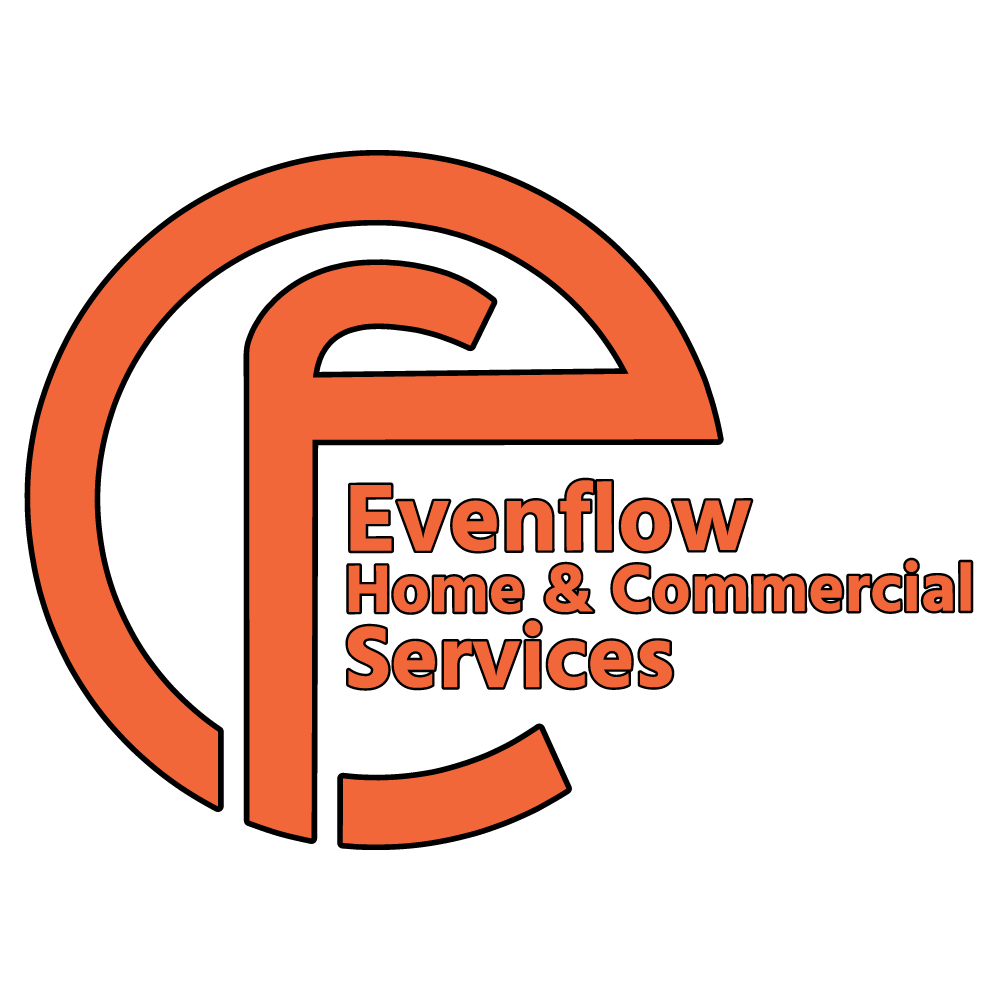Choosing Air Conditioning Systems for Residential and Commercial Use
Eventually, consumers must replace their old HVAC units. However, strides in technology have made newer models much more energy-efficient than their older counterparts, making new units an excellent value due to the lower monthly operating costs. These lower operating costs can be significant, thereby negating some of the string of the capital outlay required to replace the old HVAC unit.
Choosing a new unit should involve the expertise of a professional since there are several different styles from which to choose. Each type has different capabilities and physician characteristics, and these must all suit the structure's needs.
Standard air conditioning units come in three basic styles: a heat pump, a central unit, or a split ductless system.
Heat Pump
A heat pump is typical in areas where the heating and cooling needs are moderate. This system moves heat, so it pumps the warm air out of the building in the summer and hot air out of the house in winter. Whether they collect the heat from the air, water, or the ground outside, they all work in this same manner.
Newer heat pumps also dehumidify better than other types of air conditioners. In areas where the humidity is high, and the weather is mild, a heat pump offers an energy-efficient solution.
Central Air
Central air has a system of ducts and registers that deliver cooled air throughout the home's rooms. It is the most common type of unit, and functions by using a compressor to cool the air.
Split system
A split system is one in which the condenser is outside the building, and the coil and fan are inside the building. Refrigerant-carrying pipes connect the two. A blower forces cold air through the ductwork to fill the building.
Ductwork
Ductwork funnels the cooled air from the a/c unit to the other areas of the building. The ductwork that was installed when a furnace was installed can often be used to deliver the air conditioner's cooled air. An air conditioner is much like a pumping heart; it requires a certain amount of pressure to operate efficiently. If the ductwork is extensive, the air conditioner has to be of an adequate size to deliver cold air throughout the ductwork frame. If the unit is too small, it will operate continuously and still fail to cool the whole building. In homes where suitable ductwork already exists or is a viable option, a split system or heat pump can be used.
Ductless systems
In facilities where the building can't accommodate ductwork, a split ductless system may be the best solution. The split ductless system has an outside condenser. Tubing runs from the condenser to high-mounted blowers inside the building, which blow the cooled air throughout the building.
Commercial cooling
The size of commercial buildings can create a substantial power requirement. Utilizing rooftop space reduces noise and offers easy access for maintenance and repairs, as well as freeing indoor floor space for business endeavors. This system, which may encompass one or many units, requires a drainage system to manage the condensation a commercial building system will create.
The determining factors in air conditioning system selection for both a commercial or residential building are determined by the local climate, whether or not there is already a furnace and pre-existing ductwork or the viability of installing ductwork, and the local temperature and humidity levels.
The size of an air conditioning unit will largely depend on the extent of the area to be cooled and the existing ductwork. An experienced a/c contractor knows the formula for selecting the right size of unit for the site to be refrigerated and should be consulted for optimum climate management. Not only can a pro offer advice on the best unit for the building attributes, but he can also help the owner or manager create solutions for difficult climate control situations.
The importance of a reliably working AC system cannot be understated. Evenflow Home Services provides reliable AC installation & replacement, AC tune-up and seasonal maintenance, AC repair and maintenance, ductless AC, and air conditioner service. Call or book online.

